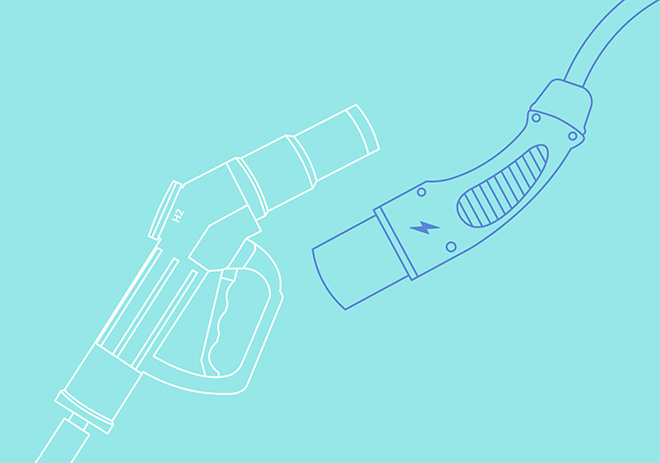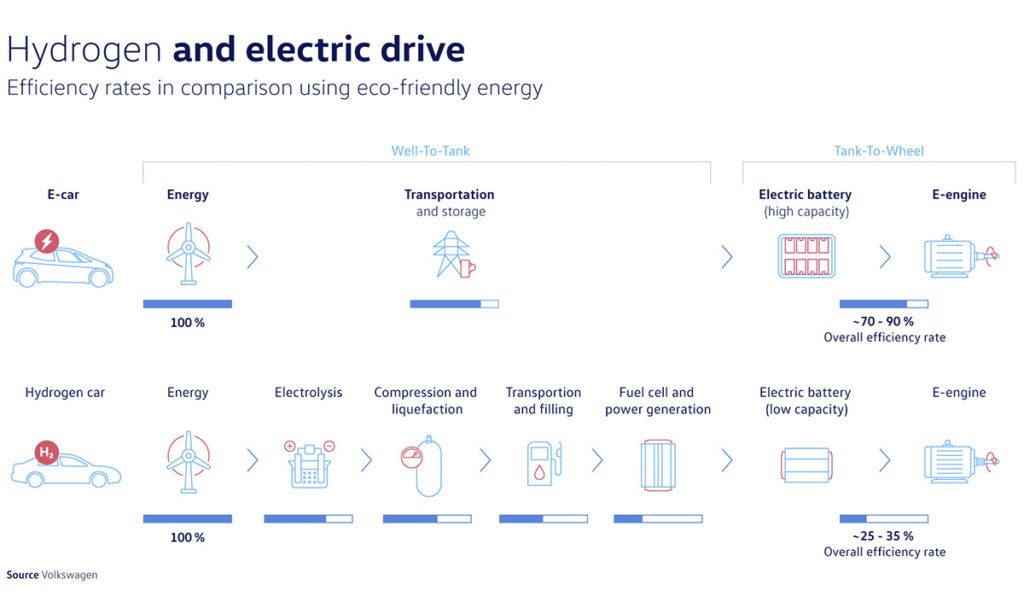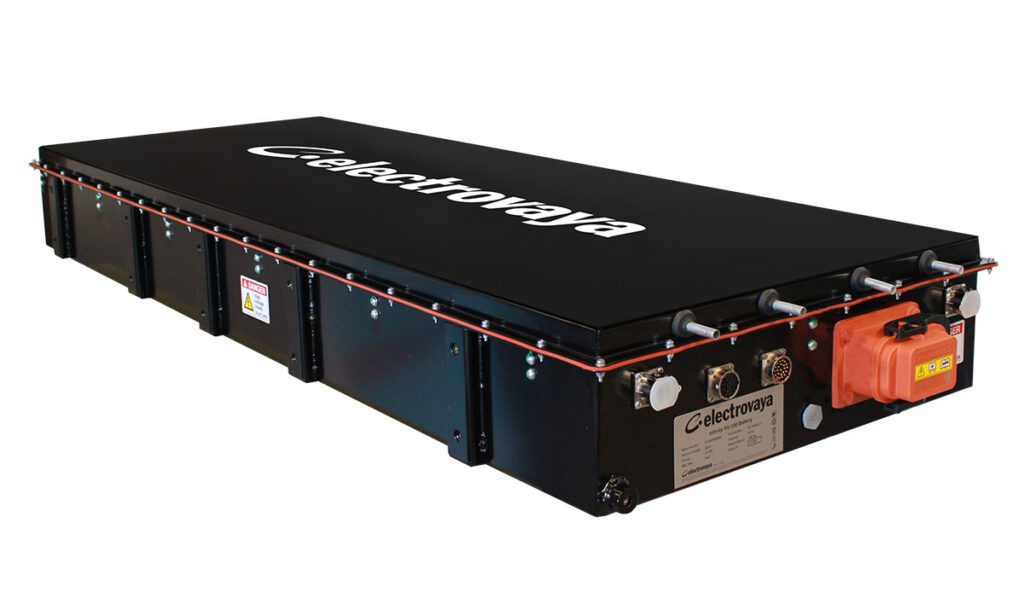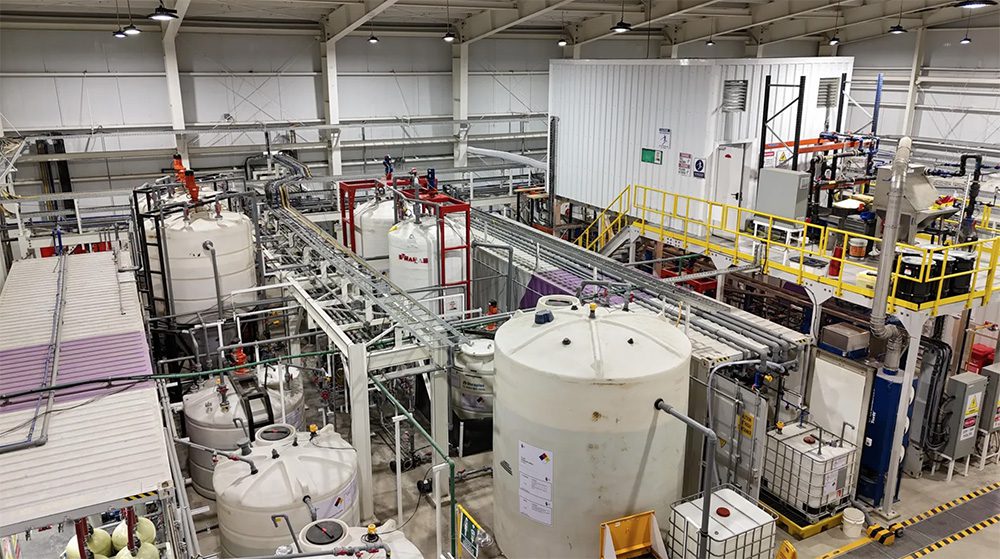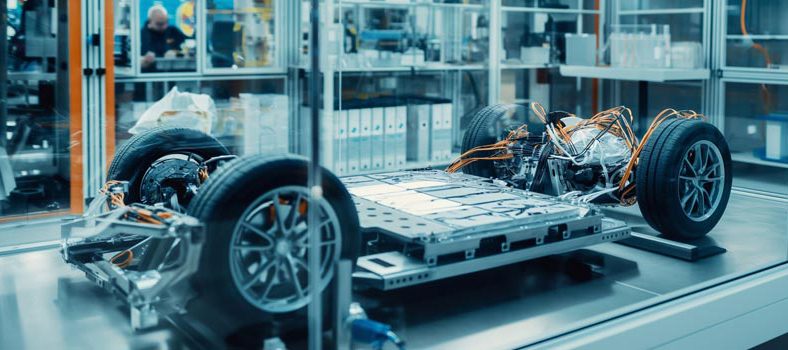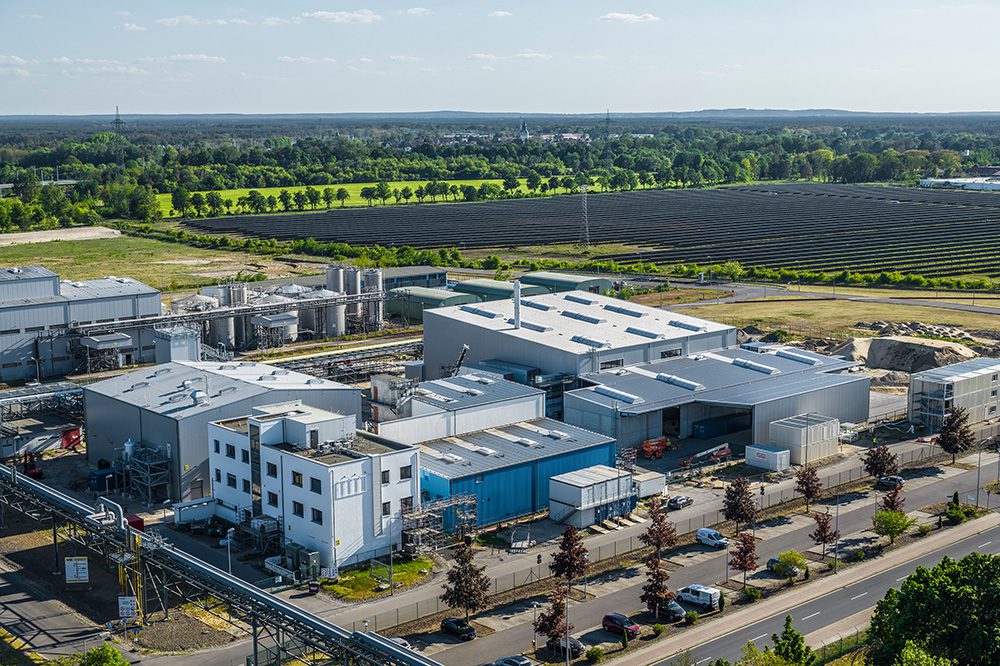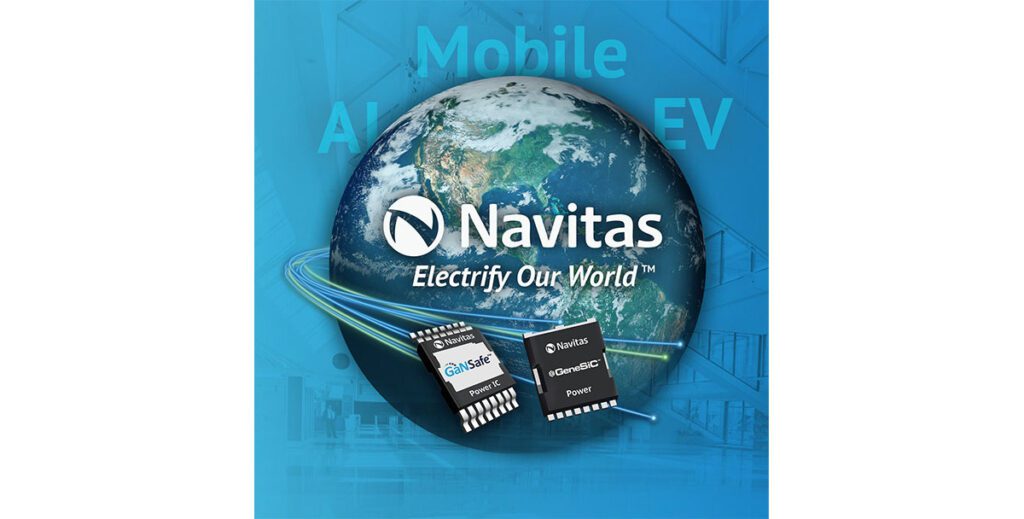The debate over hydrogen fuel cells refuses to go away. The founders of Tesla considered hydrogen and other energy storage media before deciding that batteries were the best choice for electric powertrains, and have explained their reasoning in great detail several times since. Toyota, on the other hand, continues to insist that fuel cell vehicles (FCVs) will someday overtake battery-electric vehicles (BEVs). Other automakers, including Hyundai and BMW, continue to research both powertrain options.
Now Volkswagen, which at the moment has the most promising electrification strategy of the legacy automakers, has released an article explaining in detail why it has abandoned hydrogen in favor of batteries.
Battery or fuel cell, that is the question includes easy-to-understand charts illustrating how a fuel cell vehicle works, and how the well-to-wheels energy storage cycle of hydrogen compares to that of batteries. It cites several recent studies in support of its conclusion that BEV is the right powertrain choice for passenger vehicles.
VW presents three main arguments against FCVs (there are others): hydrogen is less efficient as an energy storage medium; fueling a vehicle with hydrogen will remain more expensive for the foreseeable future; and hydrogen will not be an ecologically sound alternative until methods for generating it using renewable energy come into widespread use (currently, most hydrogen is made from natural gas).
“Science is largely in agreement on this issue, as several recent studies have shown,” write VW’s authors. “The [German] Federal Ministry for the Environment, for example, assumes that hydrogen and synthetic fuels, so-called e-fuels, will remain more expensive than an electric drive, as more energy is required for their production. The Agora Verkehrswende (traffic transformation) initiative also points out that hydrogen and e-fuels do not offer ecologically sound alternatives without the use of 100 percent renewable energies, and that, given the current and foreseeable electricity mix, the e-car has by far the best energy balance.”
The tragic flaw of hydrogen vis a vis batteries is its far lower efficiency. Citing a study by Horváth & Partners, VW’s paper explains:
With battery-powered e-cars, only eight percent of the energy is lost during transport before the electricity is stored in the vehicle’s batteries. When the electrical energy is converted to drive the electric motor, another 18 percent is lost. Depending on the model, the battery-powered e-car thus achieves an efficiency of between 70 to 80 percent.
In the case of the hydrogen-powered e-car, the losses are much greater: 45 percent of the energy is already lost during the production of hydrogen through electrolysis. Of this remaining 55 percent of the original energy, another 55 percent is lost when converting hydrogen into electricity within the vehicle. This means that the hydrogen-powered e-car only achieves an efficiency of between 25 to 35 percent, depending on the model.
In concrete terms this means that a hydrogen car consumes two to three times more electricity for the same distance than a battery car. But we cannot afford this kind of energy waste. The scarce green electricity must be used as efficiently as possible in the future. Hydrogen would therefore be a serious mistake for passenger cars.
However, as many experts agree, hydrogen does have a promising future as an energy storage medium for industrial processes and for certain heavy-duty vehicles. “We believe that there is great potential if green hydrogen is pushed into applications where it can really establish itself in the long term,” write Horváth & Partners. “Above all in industry, but also in heavy-duty transport, aviation and shipping.”
The Fraunhofer Institute agrees that hydrogen has a role to play: “not so much in the passenger car sector, but rather in long-distance and heavy-duty traffic, as well as in rail, air and sea transport. These segments will only be converted in later phases of the energy turnaround, i.e. beyond the year 2030, and closely linked to the expansion of renewable energies.”
The conclusion of Volkswagen’s paper: “From every angle of the environmental balance sheet, everything speaks for the battery-powered e-car. The technology is mature and ready for the mass market. The number of models is growing steadily. And with the battery-powered e-car, driving remains affordable. Current e-models are already at the price level of comparable combustion engine models. In contrast, the hydrogen car will always remain more expensive than the battery car, due to the complex technology and high fuel costs.”
“No sustainable economy can afford to use twice the amount of renewable energy to drive with fuel cell passenger cars rather than battery-powered vehicles,” says study leader Dietmar Voggenreiter. Fortunately, the market has already spoken. According to VW, there are already more than 130,000 BEVs on the road In Germany compared to a little over 500 fuel cell vehicles.
Source: Volkswagen via InsideEVs







